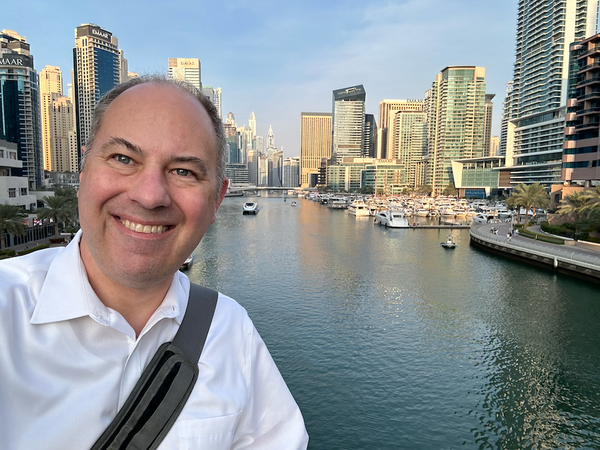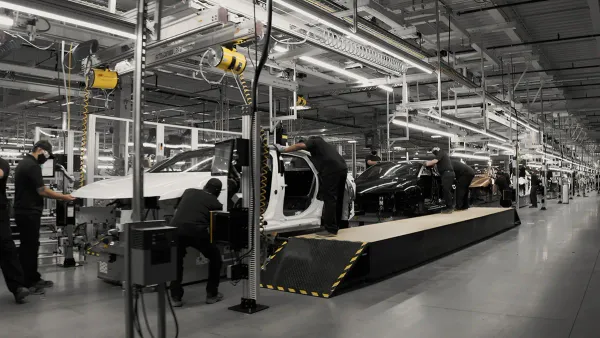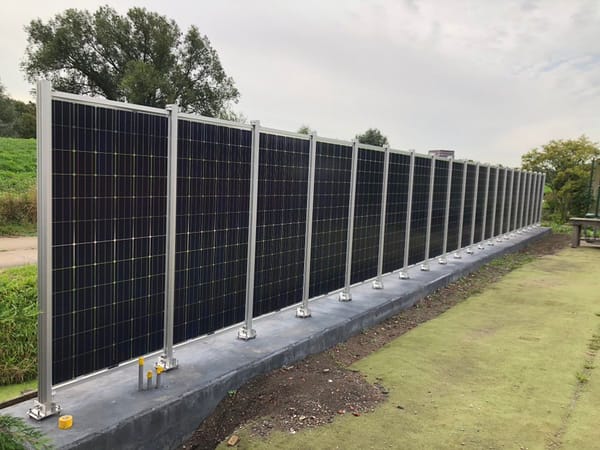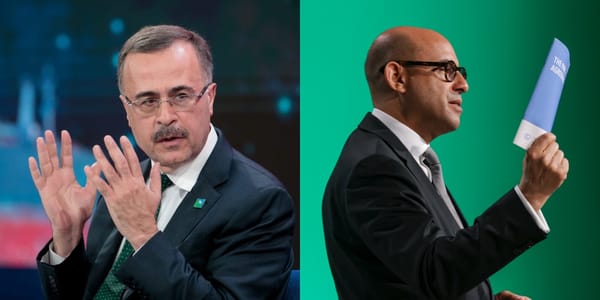Report from Dubai: The fossil fuel phase out is phasing out
Good evening from Dubai,
Everyone I know here is talking about how much their feet hurt. As I’ve said, the conference area is colossal, which means lots of walking. I’ve yet to have a day with less than 14,000 steps, and I think I’m taking it easy compared to some. Negotiators are working to agree on their texts before the mid-conference break day – Thursday – during which COP closes down and I’m guessing the cleaning crew gets to pick up a bit. Then, larger bodies start reviewing approved texts for full adoption. Some things will be easy, others, like the much talked about fossil fuel phase commitment are running into a buzz saw of opposition.
Let’s get into it.
-Mike
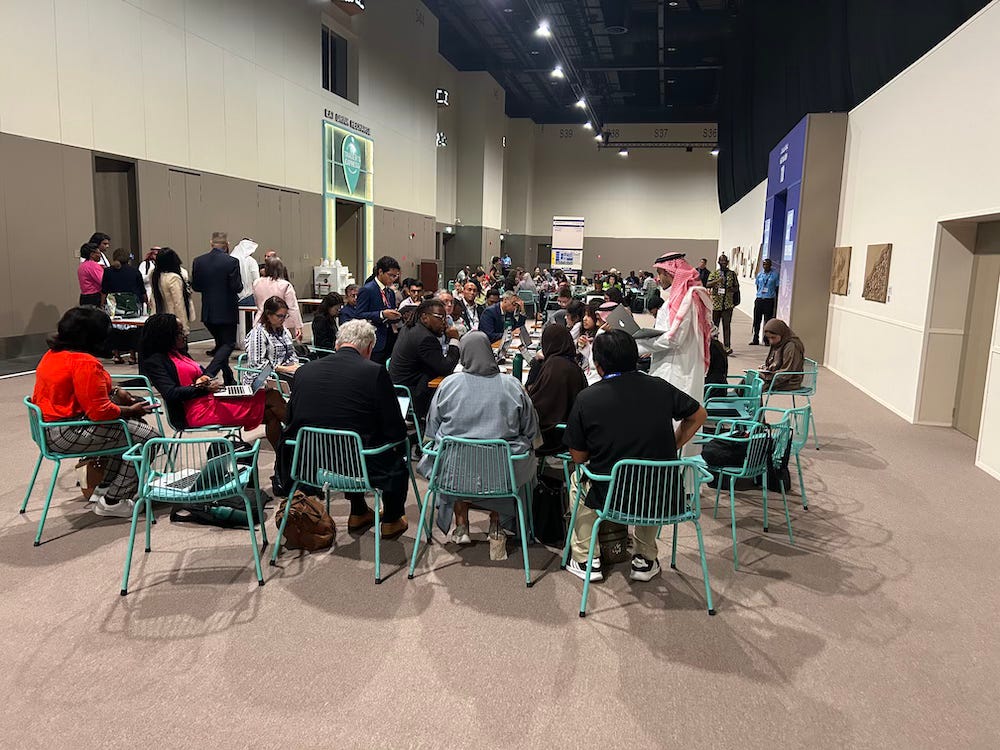
What happened today
Things are slowing down a bit at COP, as negotiators are moving towards issuing second and third draft texts, typically the second-to-last step before submitting them to larger bodies (like the full COP) for discussion and approval. Also, the first of a series of off-site conferences opened today, the Climate Innovation Zone, which has lots of heavy hitter sponsors. Later this week, a finance-oriented off-site conference, and another climate tech conference will launch at other facilities around town.
One big issue
One of the miracles of U.N. climate negotiations is that the sausage making is extremely transparent. The process’ founding document, the U.N. Framework Convention for Climate Change, enshrines the participation of observers, forcing almost every meeting to be open to registered observers, and most to be open to the press. Anyone can download the current negotiation texts from the U.N. website. If you’re badged, you can step into one of a dozen meetings going on at any moment and listen to the objections raised by individual countries.
Then, after a couple of days of meetings, topic co-chairs issue new drafts and start the process all over again until negotiators on that topic reach consensus. At the end of the conference, all 198 national leaders and ministers meet in a series of open plenary sessions to discuss and (hopefully) approve the proposed texts.
All that means when there’s a big win, or a train wreck, coming, you can see it a mile away.
Alert: There’s a train wreck coming on the big idea of a fossil fuel phase out.
Almost since the start of the conference activists of all stripes have been warning that the world is on path to blowing through 1.5°C of warming. On Sunday it was Bill Gates. Today came news that fossil fuels emitted more carbon than ever in 2023.
The solution to the problem is clear – stop using fossil fuels – and climate activists are strident in their resolve.
“The science says we need to keep 60% of the oil and gas and coal in the ground in order to keep to 1.5°C,” said David Tong from Oil Change International. “COP28 must send a clear signal to fossil fuel companies around the world that their deadly business is over.”
So far, over 100 countries have signed on to call for a fossil fuel phase out. But those countries make up just 1% of worldwide oil and gas production.
It seems the biggest producers, the U.S., Canada, Norway, Russia, and Saudi Arabia, are opposed to a phase out.
But Tong says endorsing phase out language is a light lift for these countries. He claims the U.S. could treat the document as a wish list.
“We are not negotiating a treaty,” he told me. “I have not heard any discussion of a legally binding agreement. So, this shouldn’t fall into the same track for the U.S. here.”
That’s not really true, according to negotiations expert Carola Kloeck, a professor at SciencesPo in Paris.
“While it is true that this not a new ‘treaty’, I think that negotiators take all the decisions taken very seriously and then refer to these decisions in later meetings as the adopted decisions represent ‘consensus’,” she said by email. “So, it would be important to have this language anywhere in the COP outcome text.”
Meanwhile, today Bloomberg reported Saudi Arabian Energy Minister Prince Abdulaziz bin Salman says his country will unequivocally fight a phase out.
“Absolutely not,” he told a Saudi TV host yesterday when asked if he would support a phase out.
It all goes down to the U.N. negotiation requirement of anonymity. One veto kills it all.
A look at the current proposed text (paragraph 35, section c, for those following from home) shows where things are going:
Option 1: An orderly and just phase out of fossil fuels;
Option 2: Accelerating efforts towards phasing out unabated fossil fuels and to CO2 or around mid-century;
Option 3: no text
Considering how much the U.S. is entangled with the fossil fuel industry, the phase out language seems to have a grim future.
What I did today
I wandered around exhibits and chatted with various observers today. Everyone from the University of Arizona to the World Nuclear Association to OPEC have pavilions, where they give away t-shirts, coffee, and stickers while hosting lightly attended presentations on topics dear to them. Conference delegates cycle through the wide, well-furnished spaces, giving COP28 a trade convention feel.
Veteran COP participants I chatted with marveled at how much room they have for their presentation space, or “pavilions” in COP-talk. Just two years ago, in Glascow for COP26, all the pavilions were crammed into a single, small, indoor convention space. Probably a more normal convention space, but it was somewhat alarming in 2021, just on the heels of Covid, and COP26 attendees tended to wear masks.

I also had lunch a mind-blowing place at Dubai Expo Center: Philly Jawn, a place specializing in milkshakes and Philly cheesesteaks. The steak and wiz was decent, but the bread wasn’t right. I gave it a pass, since it’s hard to get the right bread anywhere outside of Philly. Apparently cheesesteaks are going international in this part of the world. Will wonders never cease?


